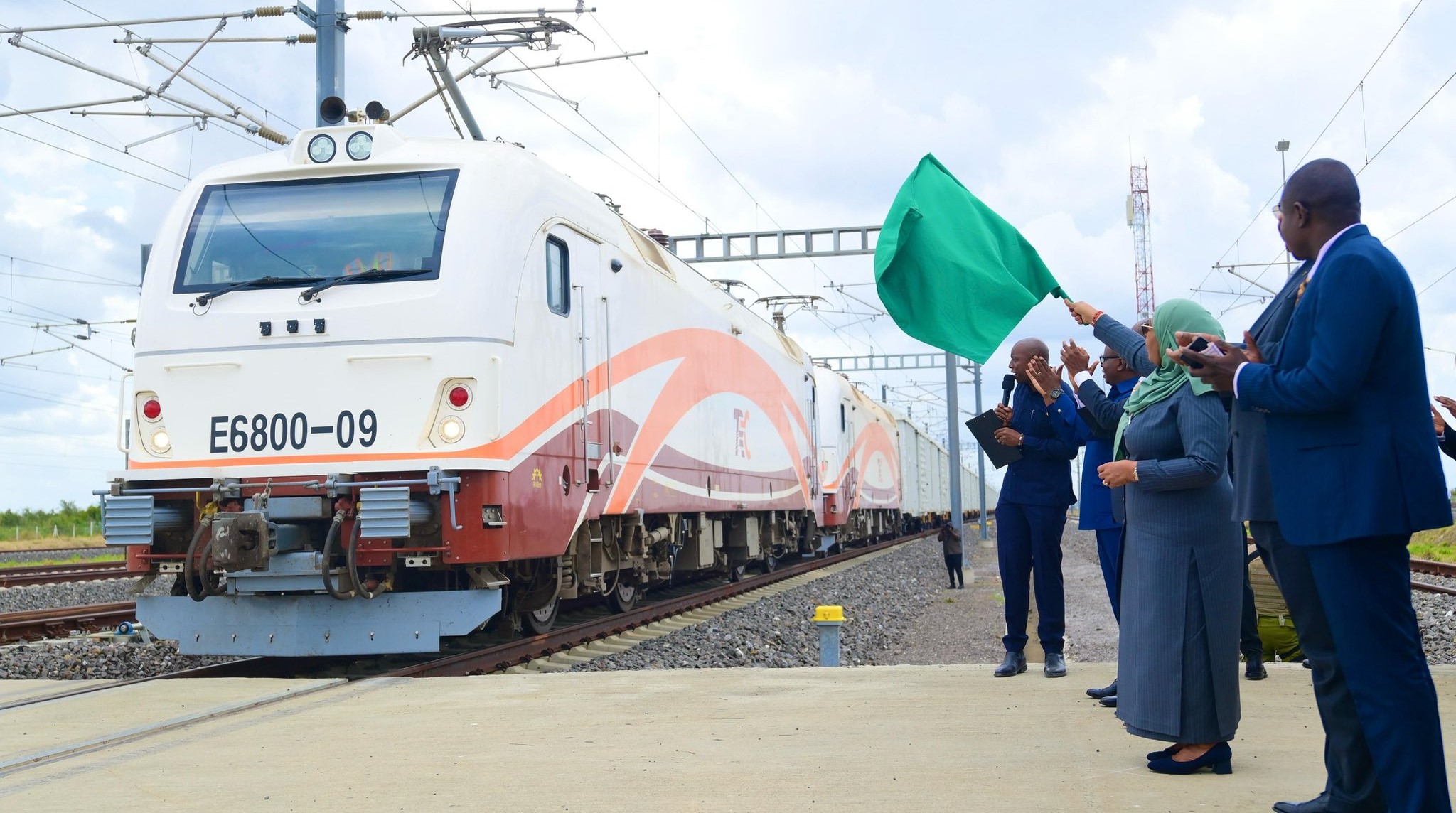Crisis in Pakistan occupied Jammu and Kashmir

Islamabad. Pakistan Occupied Jammu and Kashmir (POJK) is in the grip of a deepening humanitarian and governance crisis, one that exposes the structural neglect, exploitation, and outright indifference of the Pakistani state.
Far from being an autonomous or prioritized region, POJK has been reduced to a peripheral territory mined for its resources. At the same time, its population is left to suffer from crumbling infrastructure, collapsing public services, and chronic poverty.
The crisis is the product of decades of deliberate underinvestment, extractive policies, suppression of individual rights, and political tokenism. Electricity is generated in the occupied region but sold back to locals at unaffordable rates; clean water is a luxury that half the population cannot access; roads disintegrate with every monsoon; and hospitals and schools barely function.
Islamabad has abandoned the people of POJK to survive on broken promises and decaying systems. The region’s current condition is not just unsustainable; it is unjust, explosive, and symptomatic of a broader national failure.
POJK generates more than 3,000 megawatts (MW) of hydroelectricity, principally from the Mangla Dam, yet locals must pay PKR 30 per unit, far above the PKR 2 production cost.
This energy inequity is an example of a broader pattern: POJK provides critical resources to Pakistan but receives little in return. Residents see this as a financial exploitation mechanism cloaked in the so-called national interest of Pakistan.
The energy is routed to Pakistan’s urban centers and the China Pakistan Economic Corridor (CPEC). At the same time, POJK suffers from chronic load shedding, inflated bills, and a complete absence of local reinvestment in the energy grid or distribution systems.
Water access, a basic human right, is dangerously inadequate in PoJK. Approximately 50% of POJK’s population lacks access to clean drinking water, and 90 percent of water sources are deemed unsafe for human consumption. This crisis leads to more than 3,000 deaths annually from waterborne illnesses such as cholera, dysentery, and hepatitis.
The situation is especially dire in rural districts like Neelum, Kotli, and Haveli, where the absence of piped water and sewage infrastructure forces reliance on contaminated springs or stagnant sources.
A 2025 household survey confirmed that water scarcity and poor sanitation were among the top causes of preventable mortality and that the government has neither planned nor funded remedial projects to address this growing health disaster.
Healthcare is another area where POJK lags critically. The region has only one hospital for every 150,000 people, far below the World Health Organization’s recommended ratio of 1:10,000.
Worse still, there are no functional rural health centers in large swathes of the territory.
Medical staff shortages, inadequate funding, and logistical delays have turned even basic medical access into a privilege. The situation disproportionately affects women, the elderly, and those living in mountainous terrain. Pakistan’s commitments under the International Covenant on Economic, Social and Cultural Rights remain unfulfilled in this context.
Only 2.2 percent of POJK’s population has attained a university degree, lower than Pakistan’s national average. Rural schools frequently operate without certified teachers, lack electricity, and provide outdated learning materials.
Female education suffers particularly in conservative or underserved areas, where infrastructural limitations intersect with social stigma. A study conducted across Neelum, Bagh, and Sudhnoti found poor academic performance, high dropout rates, and poor physical infrastructure to be persistent obstacles to student progress.
Economic marginalization is both a cause and a consequence of massive infrastructural decay in PoJK.
The region’s economy is dependent on agriculture, remittances, and tourism. An analysis of household asset distribution in ten POJK districts showed extreme inequality, measured by high Gini coefficients, alongside structural barriers such as climate risk and low education levels.
In rural POJK, poverty levels exceed 30 percent, and food insecurity affects close to half the population, particularly during the winter and monsoon seasons when roads are blocked and local harvests dwindle.
The impact of this neglect erupted in May 2024 during large-scale public protests in the occupied region. Tens of thousands of POJK residents took to the streets, shutting down businesses, transport, and government offices across Muzaffarabad, Mirpur, Kotli, Rawalakot, and Bagh.
The movement, led by the Joint Awami Action Committee, demanded fair electricity pricing, subsidies on wheat and fuel, and an end to elite privilege in governance.
The protests escalated into violent confrontations, resulting in at least three civilian deaths, dozens of injuries, and arrests. Only after this public outrage did the federal government announce a PKR 23 billion relief package, which locals saw only as a stopgap to silence dissent, not a solution to root causes.
These protests are not uncommon but expressions of long-standing alienation in PoJK. While Islamabad annually touts budget allocations and temporary development grants, ground realities rarely change. In 2024–25, the federal government claimed to allocate PKR 44 billion for POJK’s development.
However, disbursement delays, lack of transparency, and elite capture have ensured that most funds remain unused or misappropriated. Meanwhile, new laws like the Peaceful Assembly Ordinance of 2024 impose unprecedented bureaucratic restrictions on protest, criminalizing dissent rather than addressing its causes.
The current situation in PoJK is teetering on the edge of massive rebellion. Decades of structural neglect, economic exploitation, and political marginalization have eroded any residual trust in the Pakistani state.
What was once frustration has now hardened into collective outrage. The recent protests are a warning signal of an accelerating breakdown between the people of POJK and the Islamabad-Rawalpindi establishment.
As the Pakistan military continues to extract hydroelectric profits while denying locals electricity, water, healthcare, and functioning roads, resentment is rapidly leading to open defiance. There is growing talk among youth, civil society, and grassroots organizations of rejecting the existing political arrangement altogether in PoJK.
Regressive policies of Pakistan have pushed the population to the brink of a civil mass uprising. POJK is no longer seeking development; it is only demanding survival, and the Pakistani state’s failure to provide basic rights is fueling more instability in PoJK, further proving Pakistan’s illegal rule in the region.


